How Reflection Can Help You Manage Your Back-To-School To-Do List
The start of the school year is B-U-S-Y. We’re attending meetings, drafting procedures, meeting new students and families, reading through student plans and I.E.P.s, trying to get our classroom set up, and more. It can be difficult to prioritize your time when you have so much to do. If we want our students to be critical thinkers, we need to be reflective practitioners. Taking a few moments to go through this thought exercise might help you to prioritize that ever-expanding to-do list.
Knock one item off of that back-to-school to-do list by adding a thinkLaw lesson to your plan. Browse and download our lessons on TeachersPayTeachers.
Begin by asking this key question:
What do I want school to look like in October?
Take a few minutes to jot down your big-picture vision using the following probing questions to help:
1.What will your room look like?
2.What will your students be doing?
3.What will your room sound like?
4.What will your students feel like?
5.How are you feeling? Are you in the groove? Are you relaxed?
6.How will you know your students are on track?
After you’ve drafted your vision, you need to develop a plan. One exercise thinkLaw does with students is an Investigation and Discovery activity. In this type of lesson, students are given a real-world scenario and asked to create an investigative plan. Students brainstorm witnesses, evidence, and questions that need to be asked. As reflective practitioners, we’re going to go through the same process to make our vision for October a reality.
Witnesses: Who Do You Need to Help You?
Teaching can be isolating. We spend a lot of time by ourselves in our room. The beginning of the year is a great time to sit and think about the people in your life and building that can help you out. As you think about people that you can reach out to, consider who has instructional expertise in the areas where you struggle. Do you know any people in your life or community that would be great guest speakers, volunteers, or mentors? The earlier you can ask someone for support and the earlier you can get on their calendar, the better. Do you work with a teacher that seems to have a great self-care routine? Ask that teacher for advice and support. Do you work with a teacher that has an organized process for grading papers? Ask about their methods! We don’t need to recreate the wheel with all of our teaching tasks.
Evidence: What Do You Physically Need to Make Your Dream a Reality?
A back-to-school to-do list is often overwhelming and unsustainable in the long-term. What do you really need to create? As you look forward to October, think about your instructional needs as you make the hard choice to eliminate items on your list. What types of organizational structures and methods do you need to create in August to meet success in October? Will your time be better spent creating new graphic organizers than creating elaborate back-to-school bulletin boards? The Pinterest effect has impacted how we see our classrooms. We want our rooms to be inviting and safe but that doesn’t need to mean you need to spend hours and hours decorating. Be realistic about what you can accomplish.
Questions: What Questions Do You Need Answered?
Part of thinking forward includes thinking back. What struggles did you have last October? What do you, as a professional, need to learn before October this year? Do you need help with accommodations? Do you need to learn more about dyslexia or autism? Do you need to find a new way to introduce fractions? A different project for a novel unit? As you write out your list of questions you might need to go back and add to the list of people to ask for help.
Time is always working against us. There are never enough hours in the day. Setting aside time to think critically about our practice allows us to reprioritize our to-do lists so that we can work smarter and not harder!

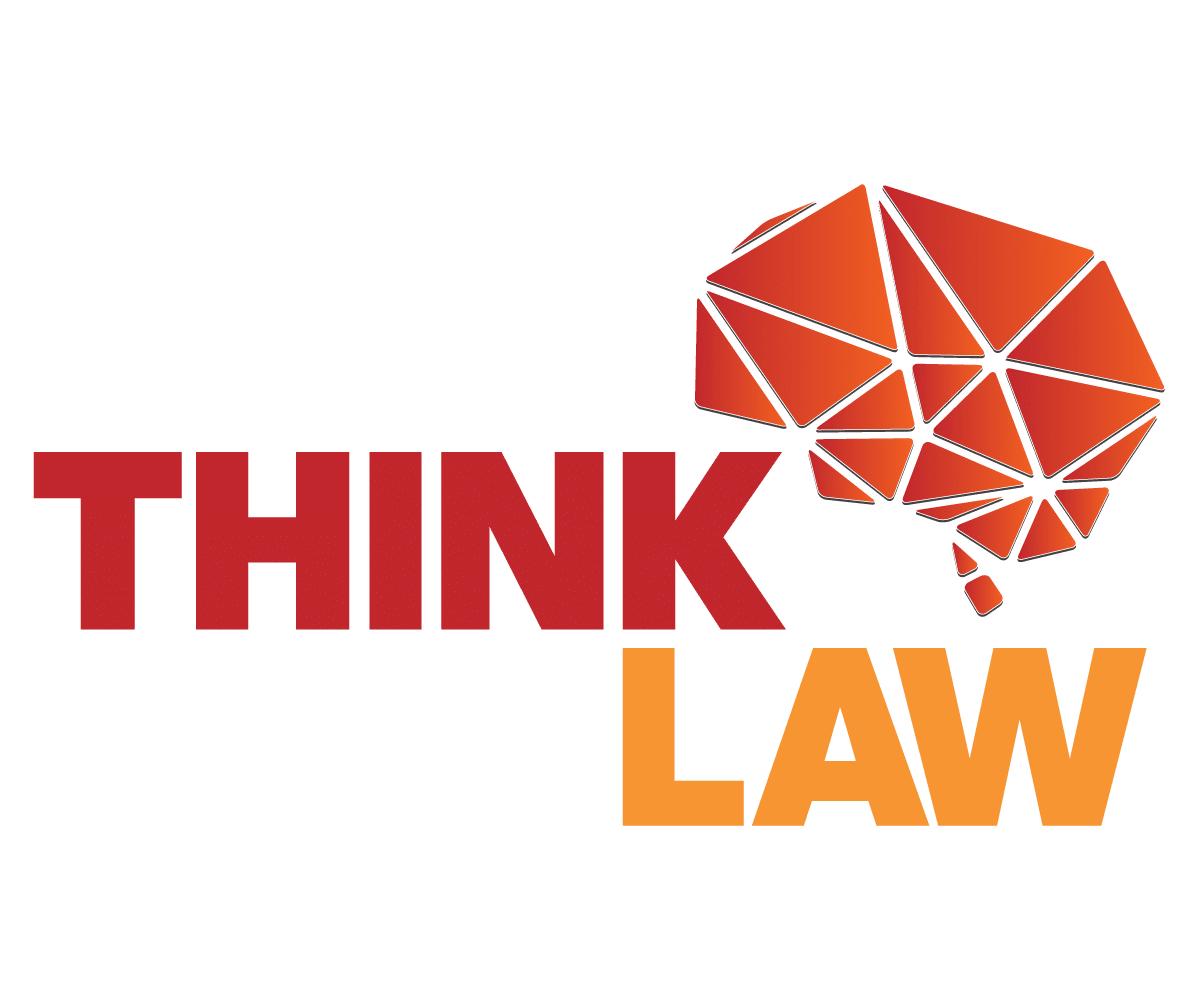
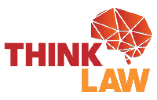
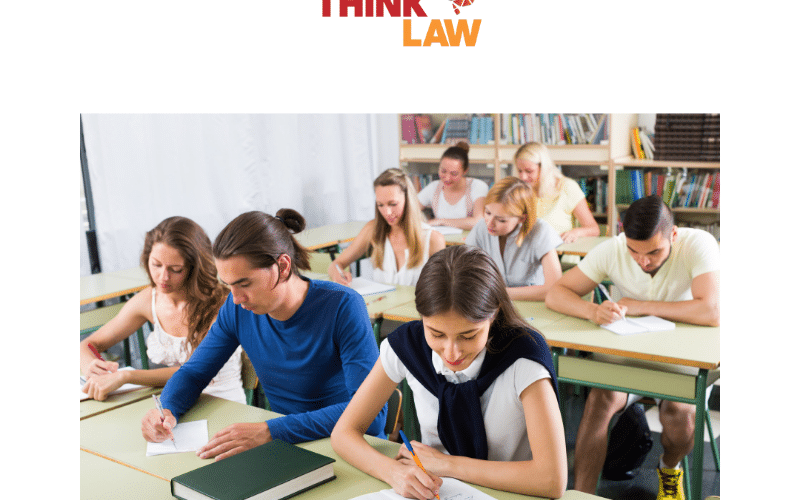
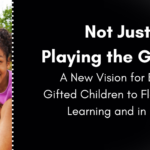
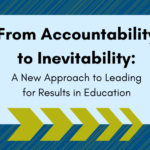
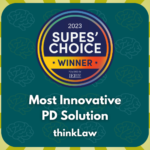
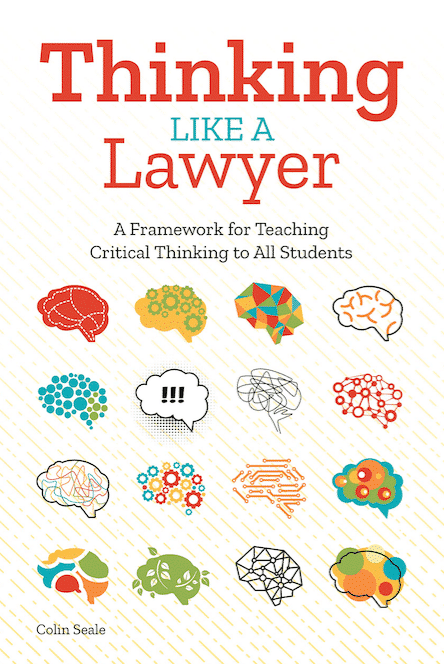
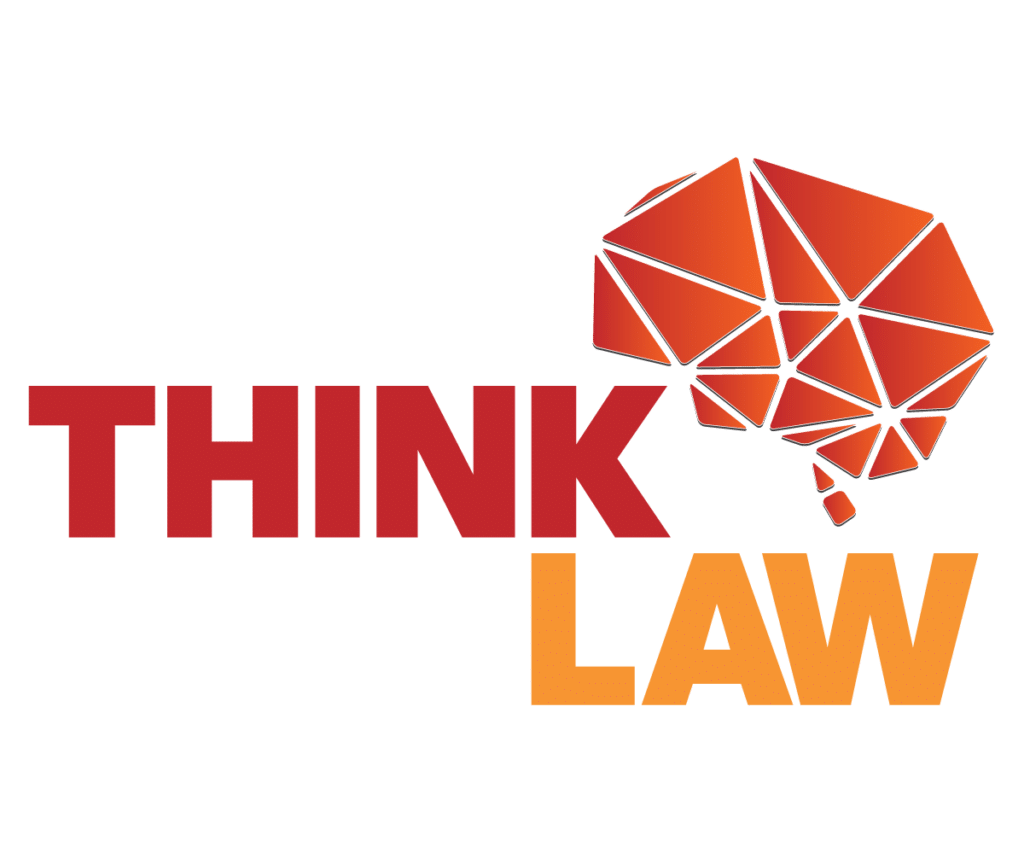
Leave a Reply